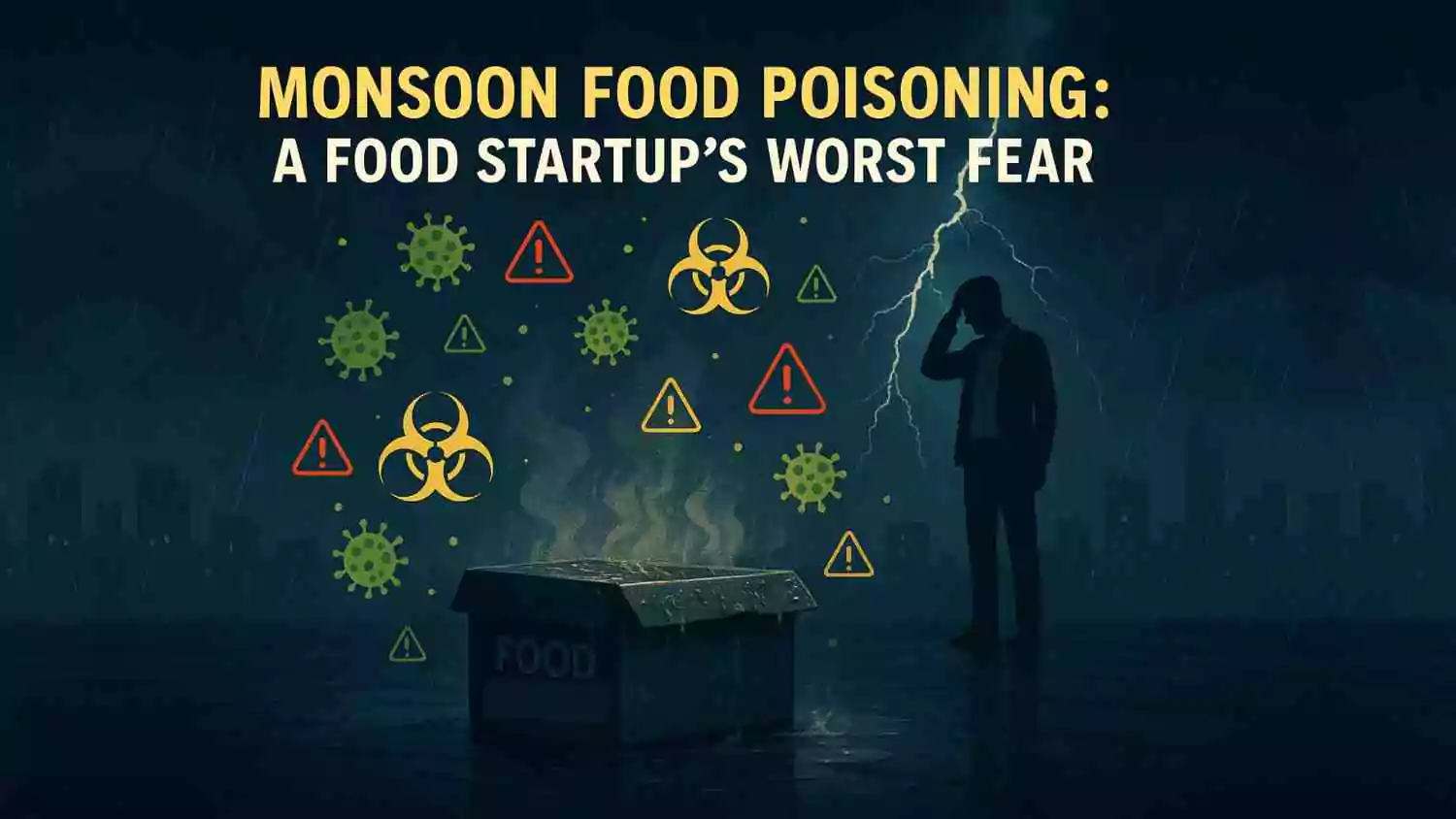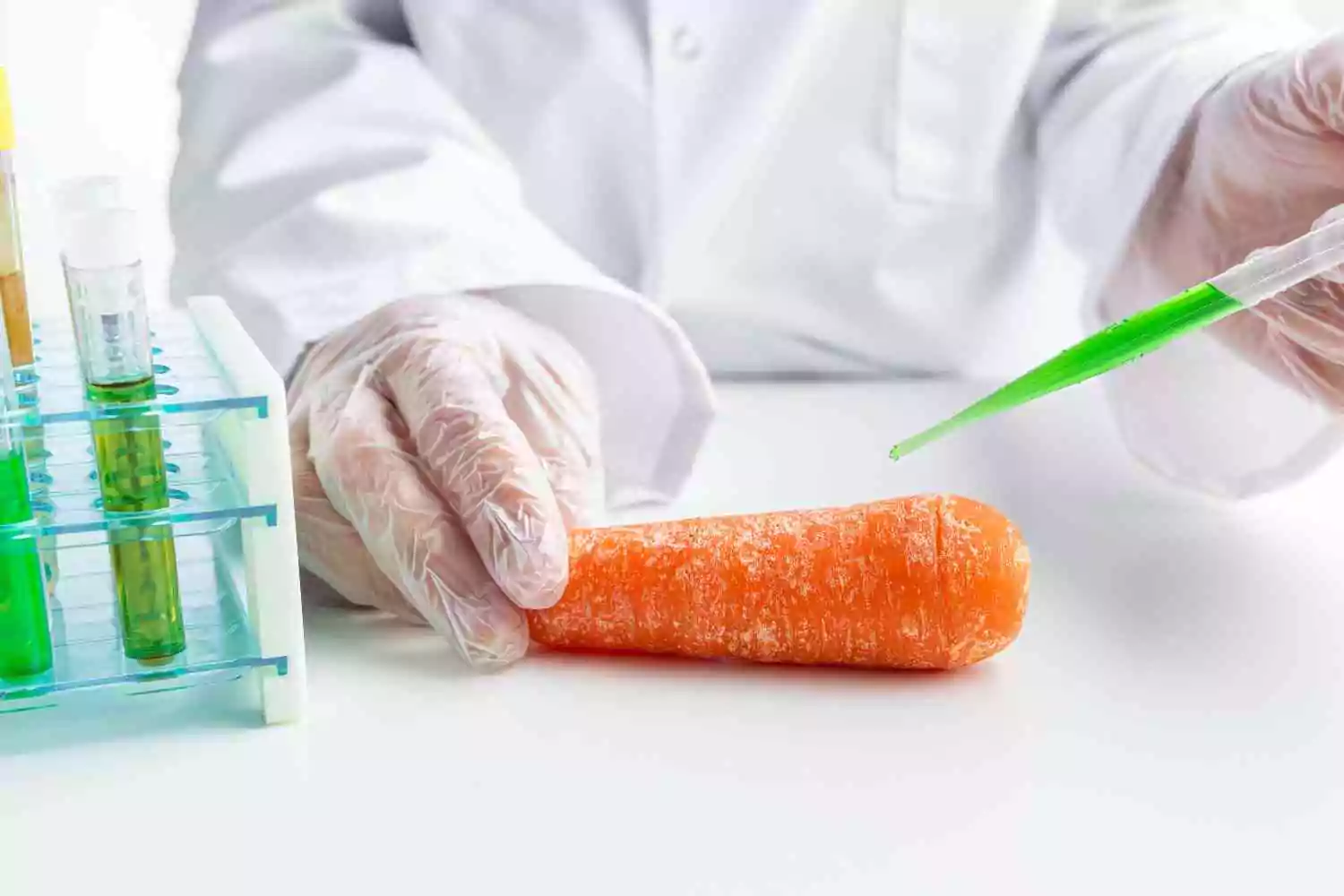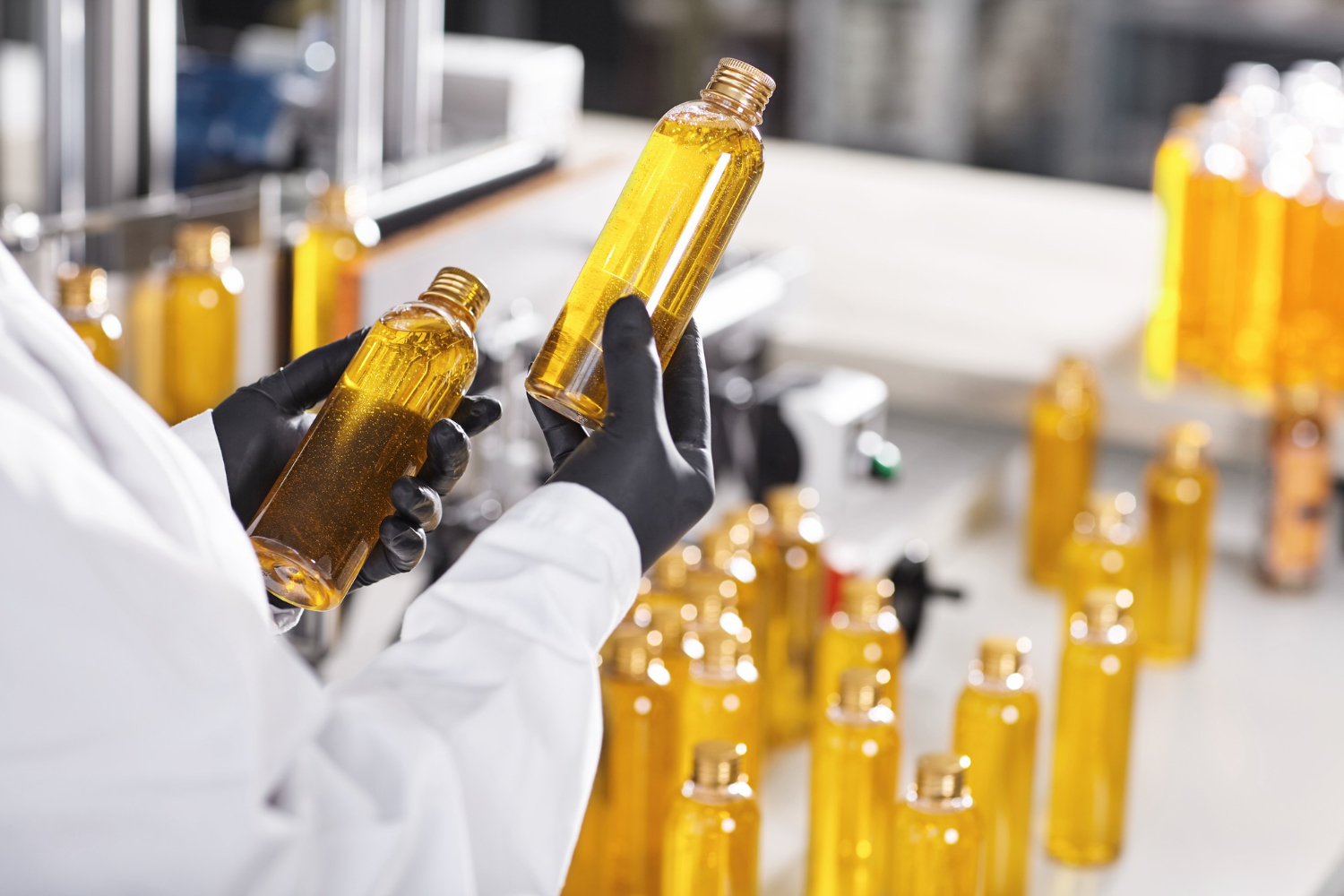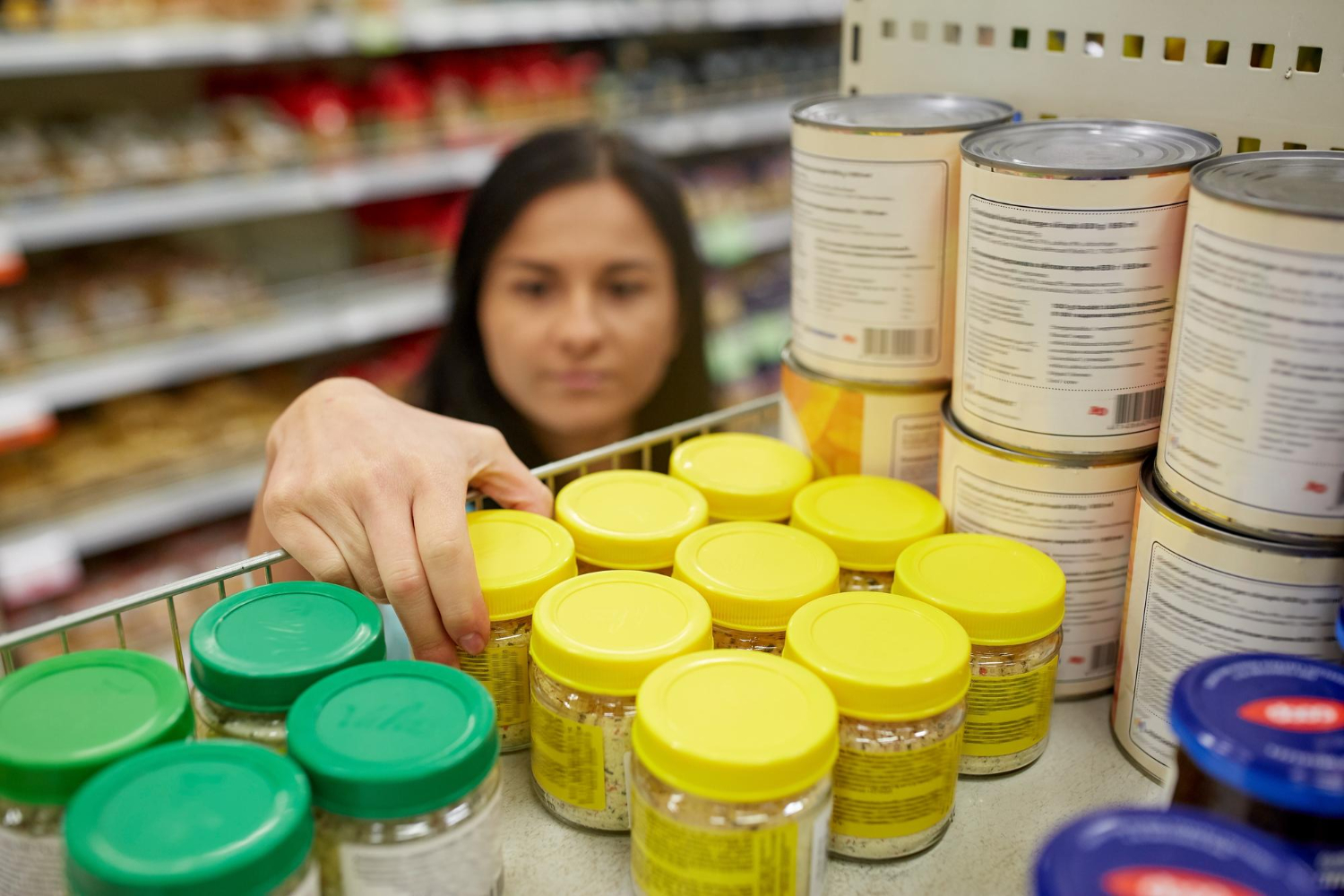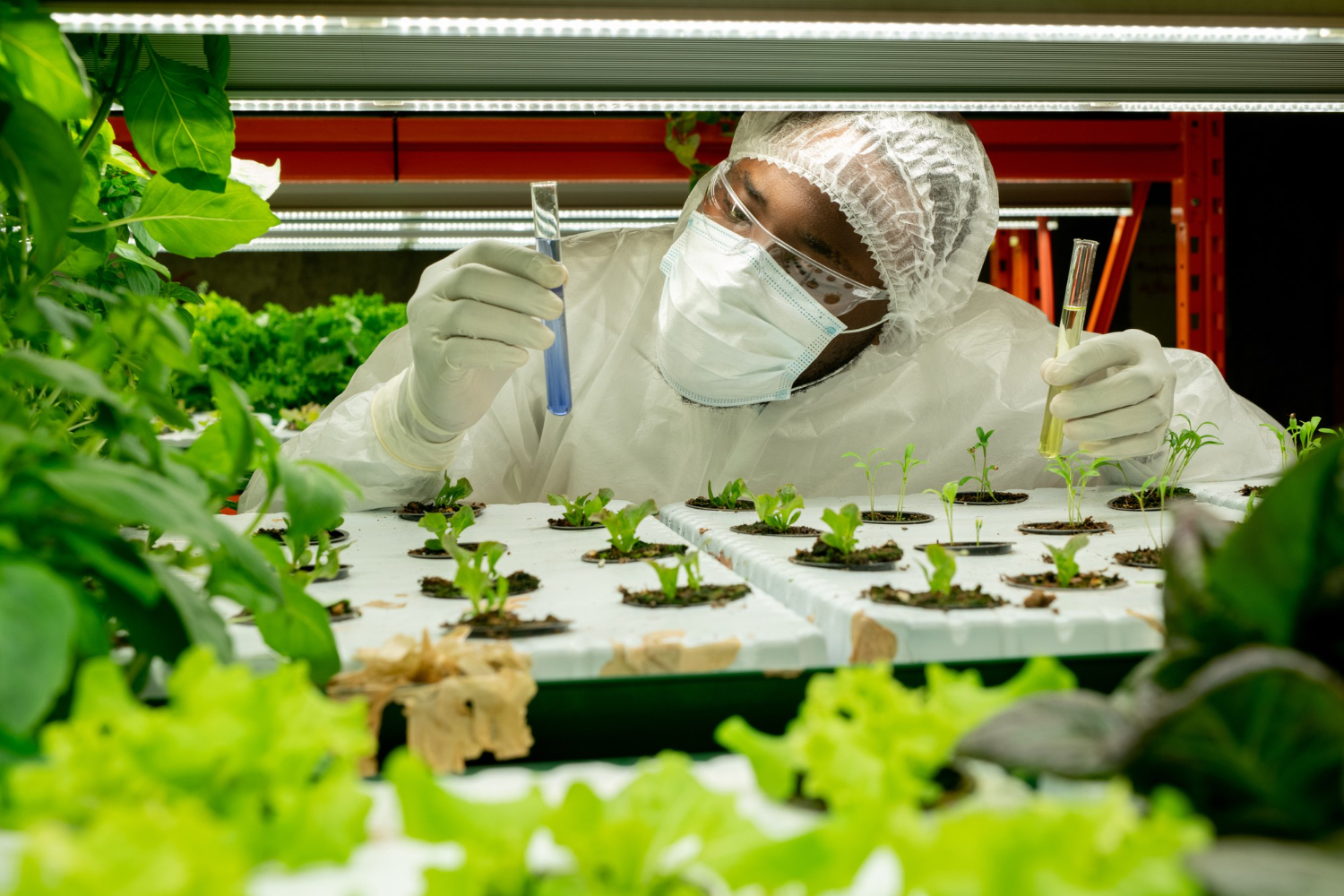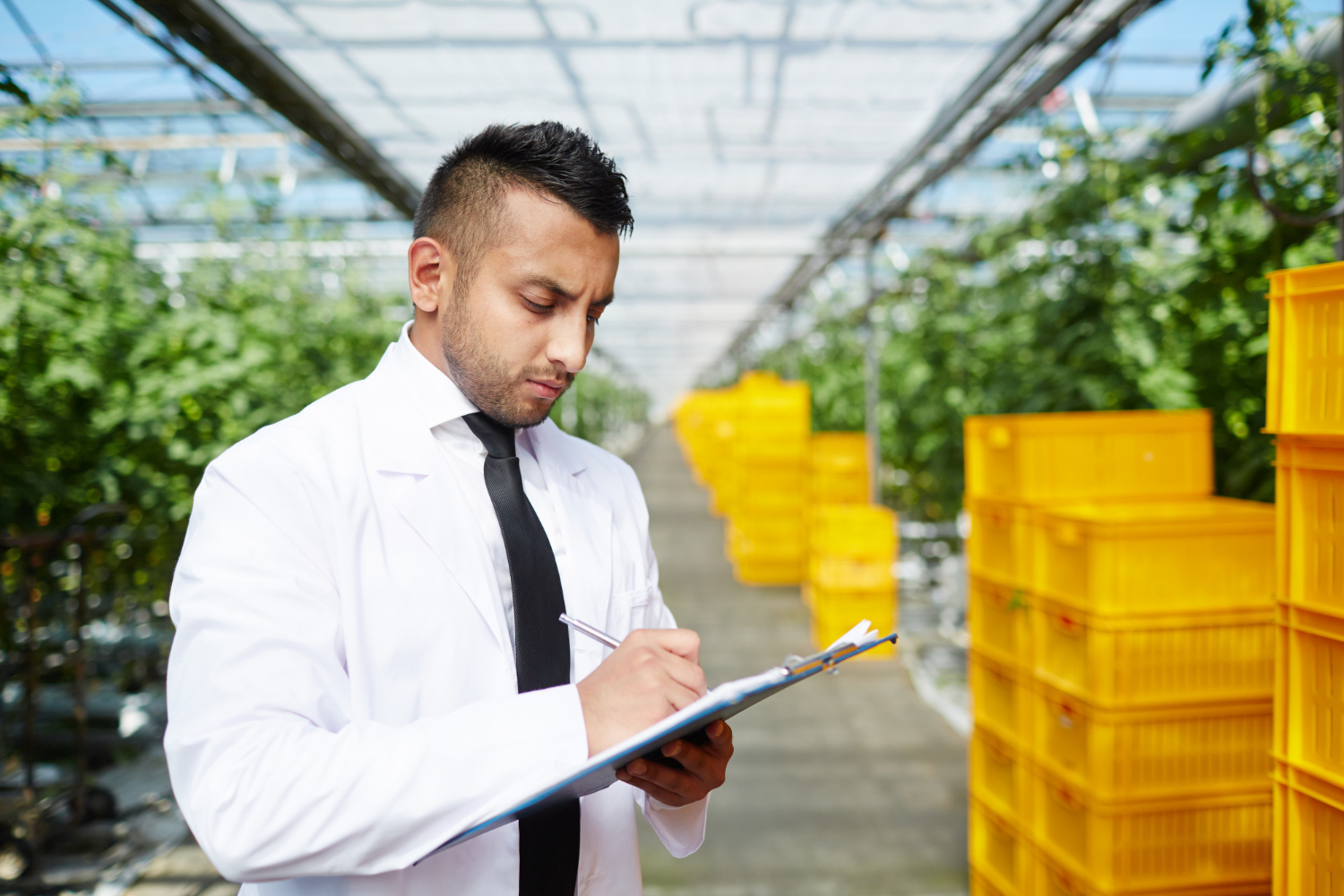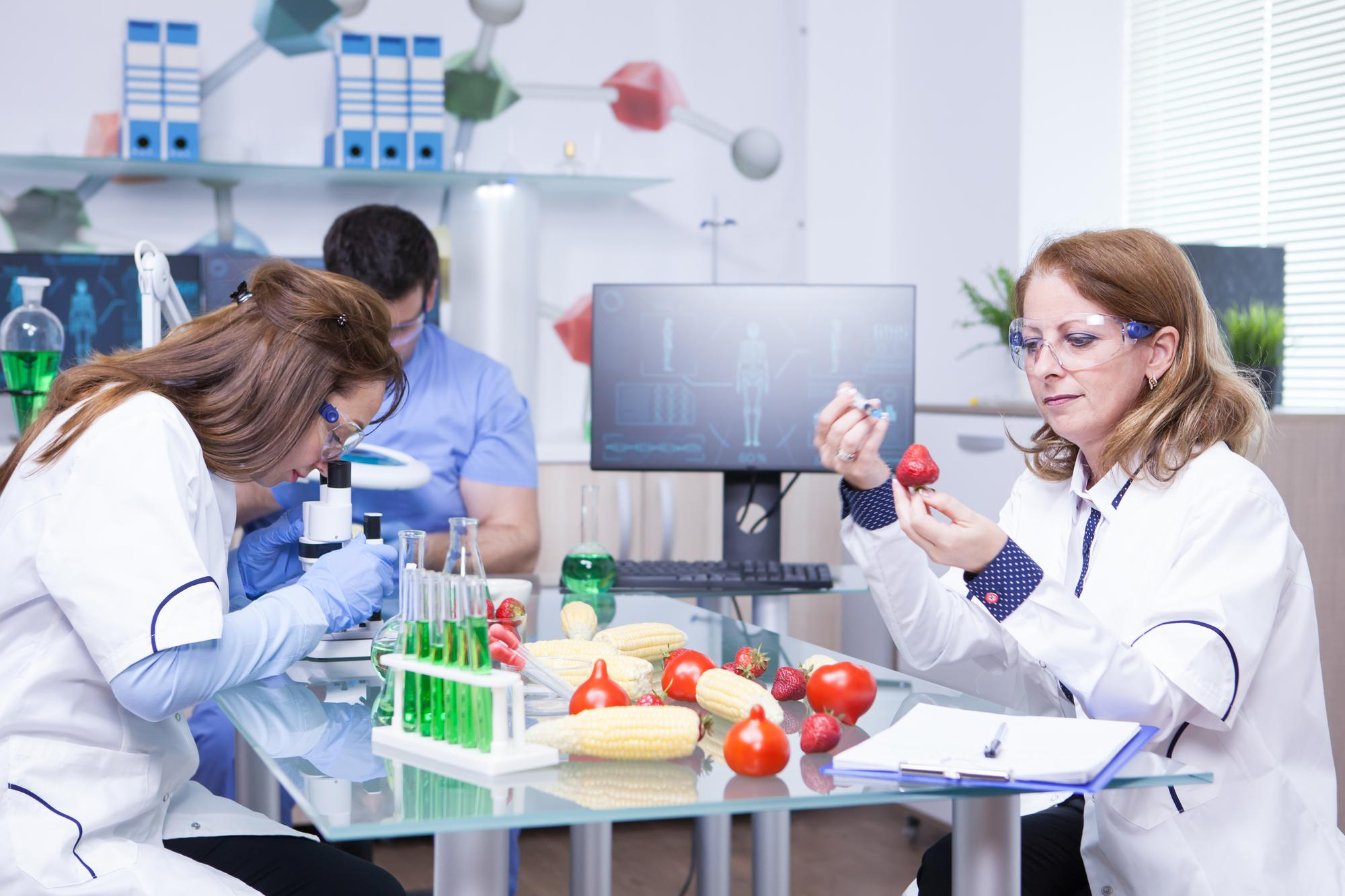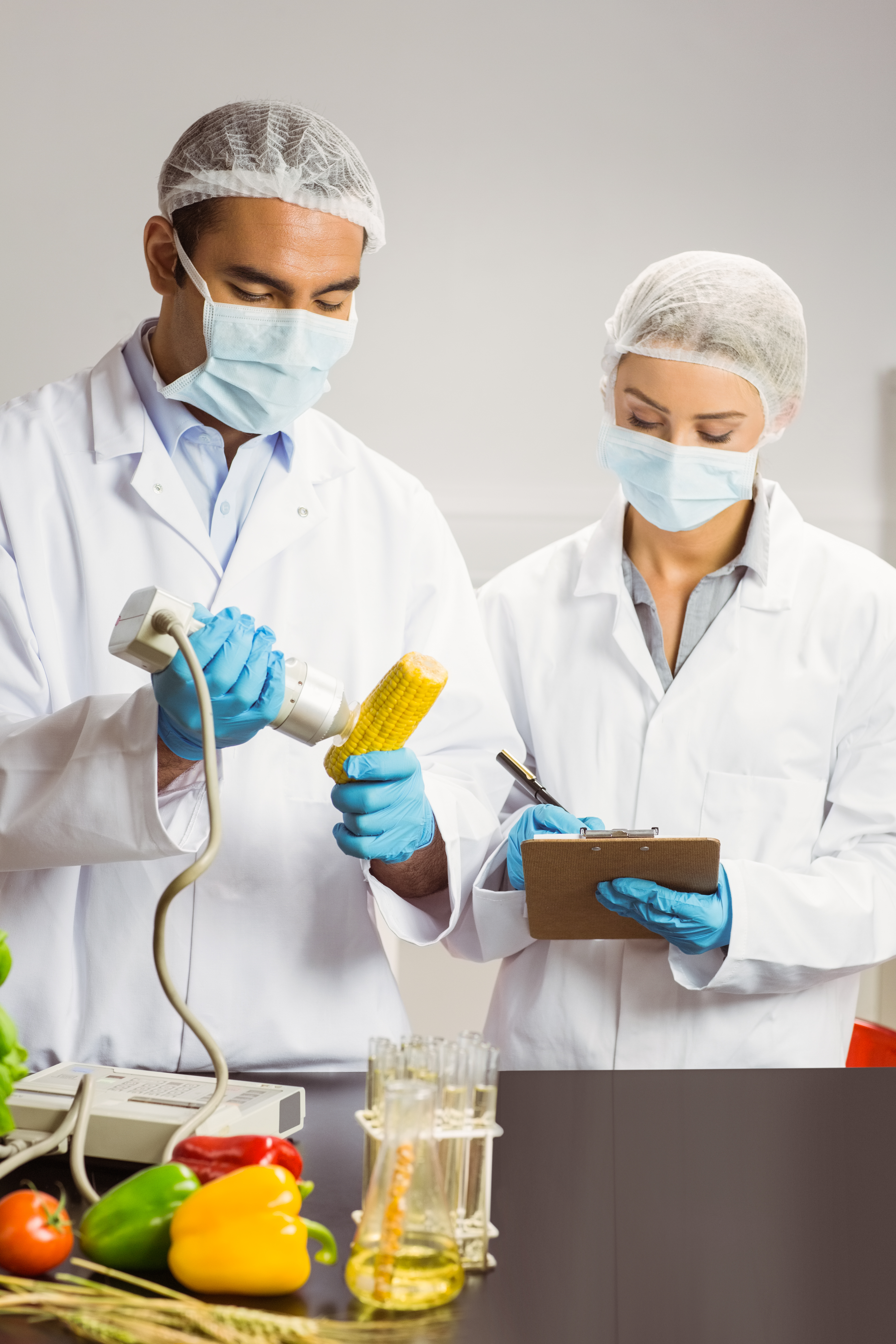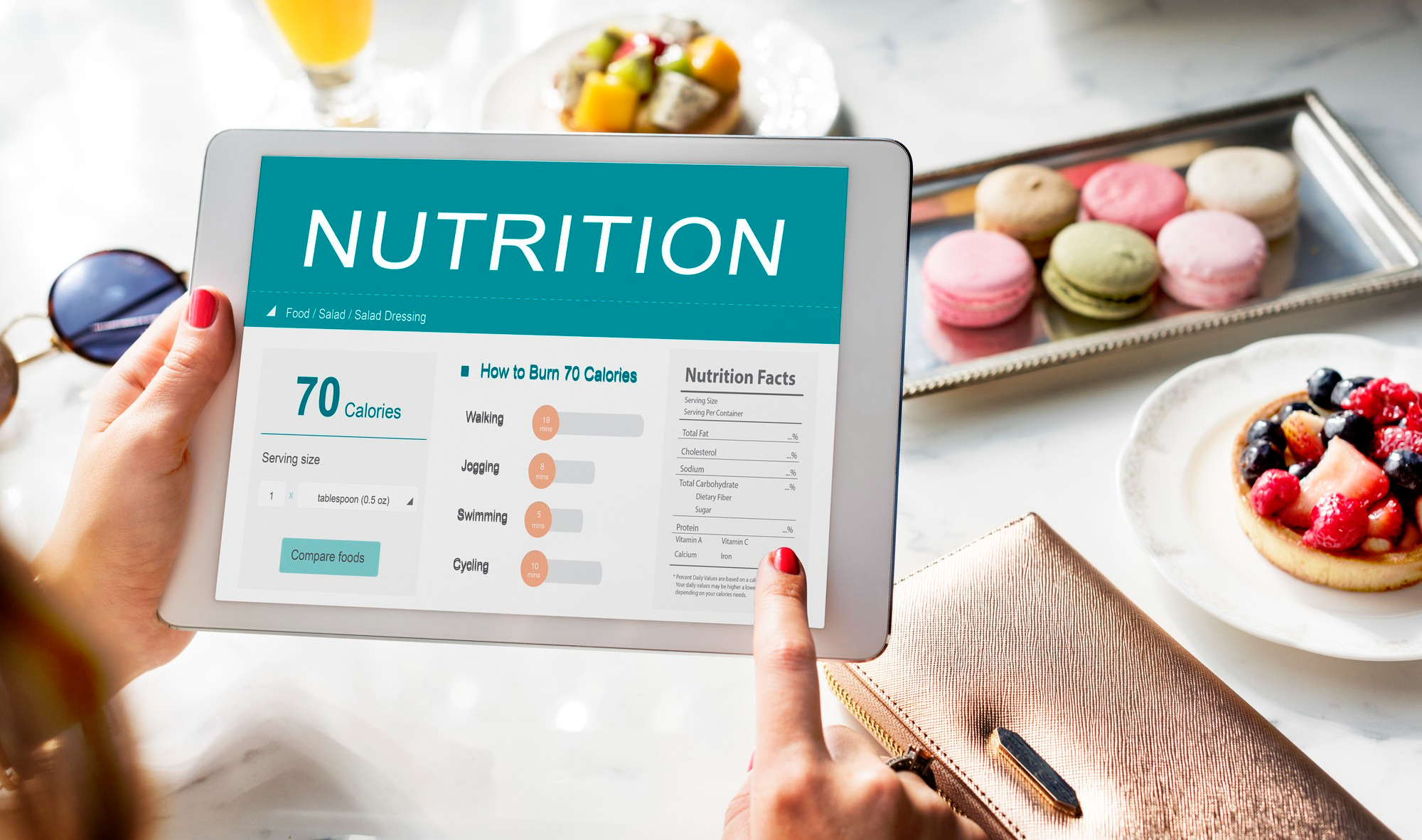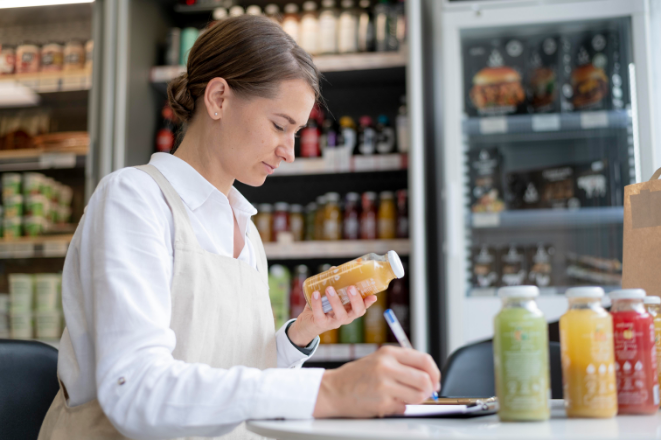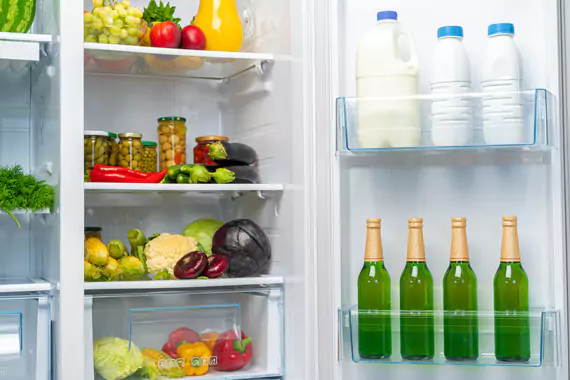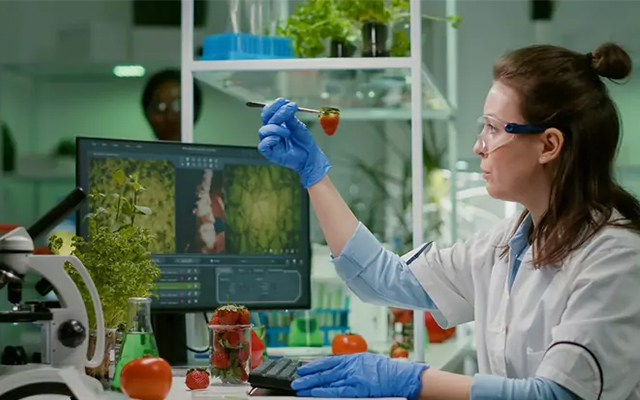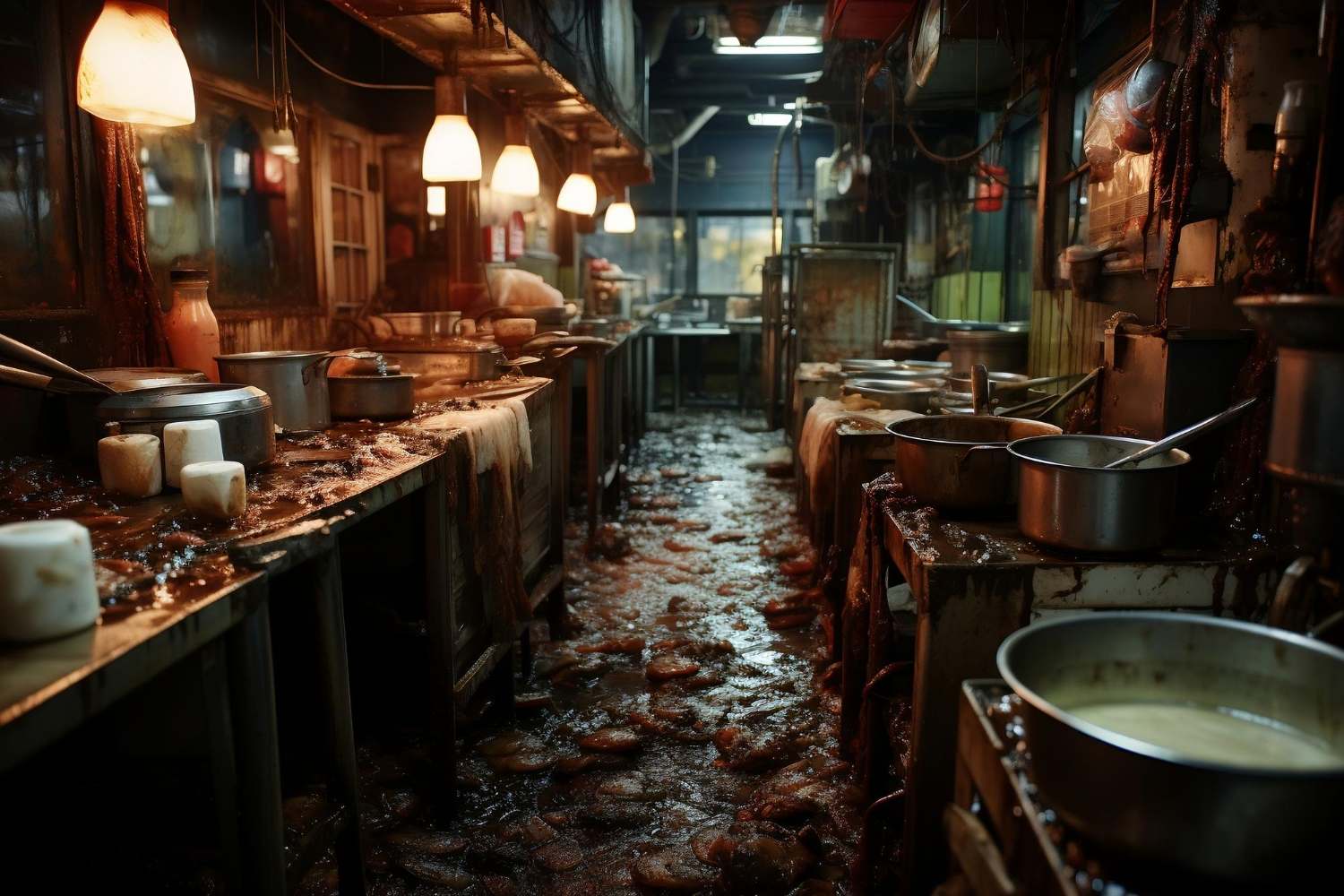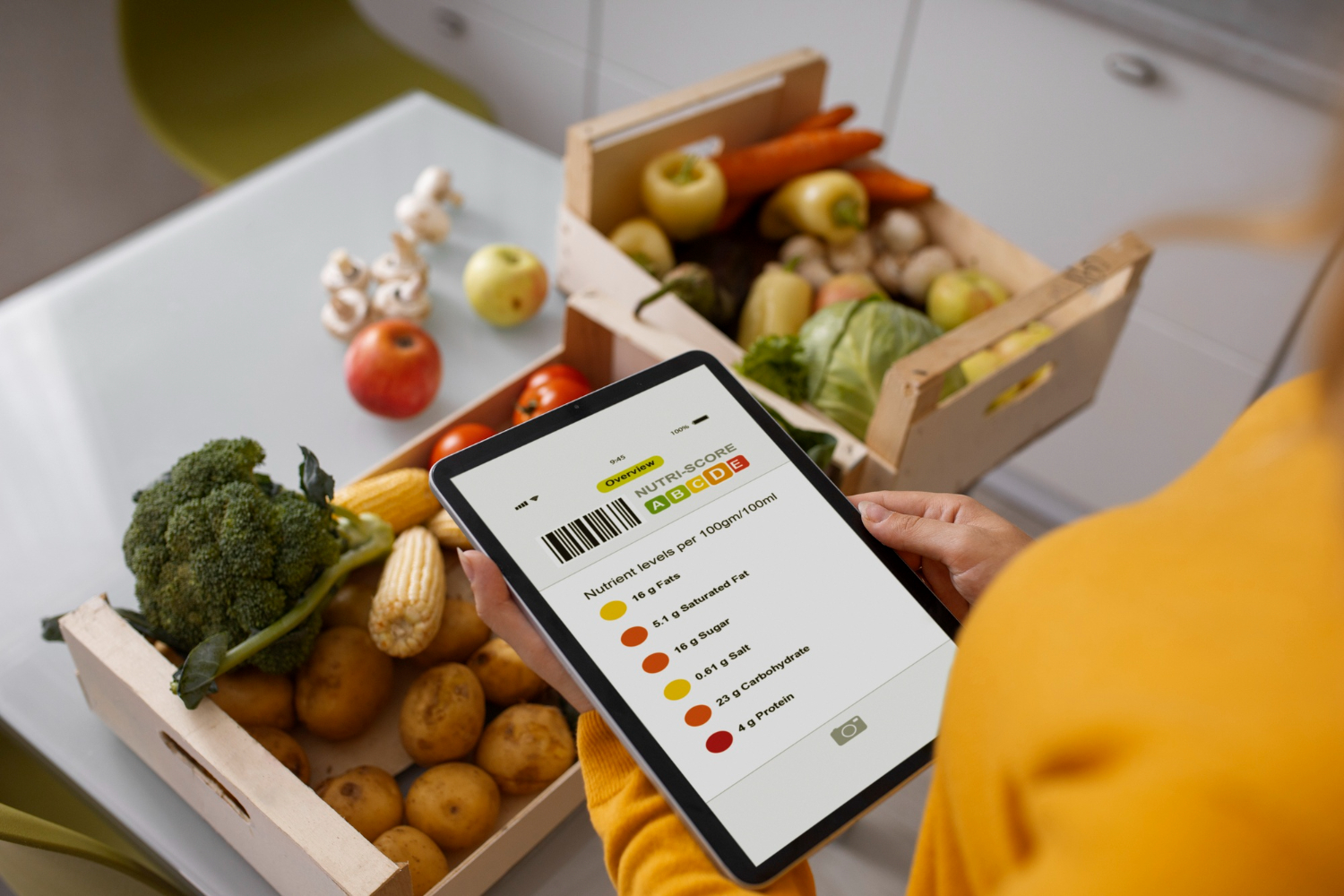What is food testing? Why is food testing service important for your business?
- 13 June, 2025
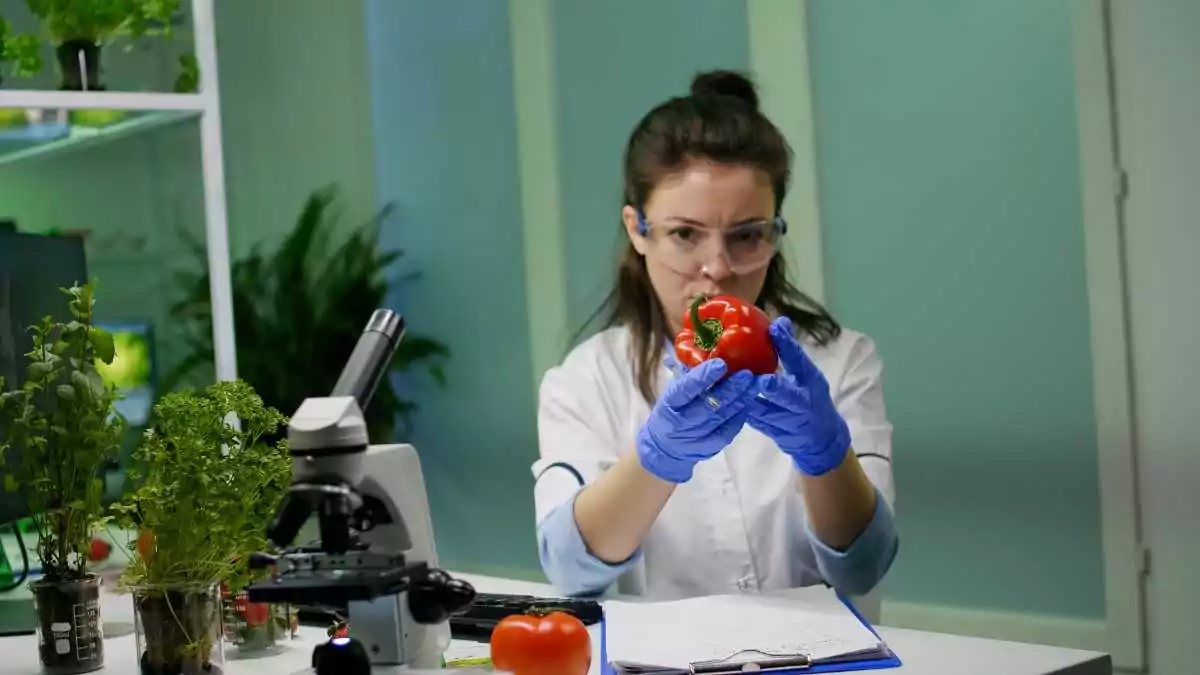
In today’s fast-paced and health-conscious world, the quality and safety of the food we consume have never been more critical. For businesses operating in the food industry, ensuring that every product is safe, meets regulatory standards, and satisfies consumer expectations is essential for growth and reputation. This is where food testing steps in.
Food testing is not just a regulatory requirement; it’s a strategic advantage for any food business. In this blog, we’ll explore what food testing is, the role of a food laboratory, why it’s important for your business, and how to find the best “food lab testing near me” to keep your business competitive and compliant.
What is Food Testing?
Food testing is the process of analyzing food samples to ensure they meet safety, quality, and regulatory standards. It involves a range of scientific tests conducted in a food testing laboratory. These tests evaluate various parameters such as:
- Microbiological safety (bacteria, viruses, parasites)
- Chemical contamination (pesticides, heavy metals, additives)
- Nutritional content (proteins, fats, carbohydrates, vitamins, minerals)
- Allergen presence (gluten, nuts, lactose, etc.)
- Authenticity and adulteration (ensuring label claims are truthful)
- Shelf-life and stability (how long the product remains safe and of high quality)
The goal of food testing is to identify any potential risks, ensure compliance with food safety standards, and maintain the trust of your customers.
What is a Food Laboratory?
A food laboratory is a specialized facility where trained professionals use advanced instruments and standardized methods to perform food testing. These labs are equipped with state-of-the-art equipment to carry out microbiological, chemical, and physical analyses.
Key functions of a food laboratory include:
- Testing for pathogens like Salmonella, E. coli, and Listeria
- Checking for chemical residues and contaminants
- Verifying label claims (like “sugar-free” or “high protein”)
- Conducting sensory evaluations (taste, texture, aroma)
- Providing shelf-life studies
- Ensuring regulatory compliance based on national and international standards
A reliable food laboratory can help businesses confidently launch new products, meet safety standards, and avoid costly recalls.
Why is Food Testing Important for Your Business?
Food testing is not just a legal obligation – it’s a pillar of your brand’s integrity and your customers’ health. Here’s why food testing service is crucial:
- Ensures Consumer Safety: Regular testing by a food testing laboratory helps identify and eliminate risks that can lead to foodborne illnesses.
- Complies with Regulatory Standards: Accredited lab testing ensures compliance with FSSAI and other global food safety standards.
- Boosts Brand Reputation: Consistent testing proves your business prioritizes health, building loyalty and trust.
- Supports Product Innovation: Validates the safety and accuracy of new recipes and health claims.
- Reduces Risk of Recalls: Catch issues early and avoid financial losses from product recalls.
- Facilitates Market Access: Complies with international safety standards to support exports.
Types of Food Testing Conducted by Food Laboratories
Let’s look at the main types of food testing you can expect from a food testing laboratory:
Microbiological Testing
Identifies harmful microorganisms such as:
- Salmonella
- E. coli
- Listeria
- Yeasts and molds
This testing ensures your products are free from pathogens that can cause illness.
Chemical Testing
Tests for:
- Pesticide residues
- Heavy metals like lead, arsenic, mercury
- Food additives and preservatives
- Allergens (gluten, soy, etc.)
Chemical testing is crucial to meet regulatory limits and protect consumers from toxic substances.
Nutritional Analysis
Verifies the nutritional content of your food—calories, macronutrients, vitamins, minerals—so you can label products accurately and meet legal claims.
Shelf-life Testing
Determines how long your product stays safe and maintains quality under various storage conditions.
Sensory Evaluation
Assesses taste, texture, aroma, and appearance—ensuring your product appeals to consumers.
How a Food Testing Laboratory Benefits Your Business?
- Regulatory Compliance: Avoid legal troubles and meet FSSAI or international standards.
- Customer Confidence: Testing certificates build trust and prove your commitment to quality.
- Faster Market Launch: Get your products tested and certified quickly to meet market demands.
- Competitive Advantage: Differentiate your brand by showcasing safety and transparency.
- Operational Efficiency: Identify contamination sources early to improve processes and reduce waste.
Finding the Right Food Lab Testing Near Me
Searching for food lab testing near me? Here’s what to look for:
- Accreditation and Certifications: Ensure the lab is accredited by NABL or other recognized bodies.
- Expertise and Experience: Look for a team of microbiologists, chemists, and technologists with industry experience.
- Turnaround Time: Ask about testing and reporting timelines for faster production cycles.
- Comprehensive Services: Prefer full-service labs covering microbiological, chemical, and nutritional testing.
- Clear Reporting and Support: Labs should interpret results, identify risks, and recommend corrective actions.
The Future of Food Testing: Trends and Innovations
- Rapid Testing Technologies: PCR and ELISA provide real-time, accurate pathogen detection.
- Blockchain for Traceability: Ensures transparency from farm to fork, reducing fraud and contamination.
- AI and Big Data: Help analyze patterns, predict shelf-life, and streamline testing protocols.
- Sustainable Food Testing: Green chemistry and eco-friendly lab practices are on the rise.
By staying ahead of these trends, your business can stay competitive and resilient.
Food Testing as a Business Imperative
In a world where consumers demand safe, high-quality, and transparent food, investing in food testing is not optional—it’s essential. By working with a reputable food testing laboratory, you ensure:
- Regulatory compliance
- Safer food products
- Consumer trust
- A competitive edge in the market
When you search for food testing labs, prioritize labs like Equinox Labs that combine expertise, innovation, and customer-centric solutions.
Food testing isn’t just about ticking a box for compliance—it’s about building a brand that stands for safety, quality, and trust. In a crowded marketplace, that’s the difference between surviving and thriving.
Food Safety in Action
In 2022, a major dairy brand faced a crisis when consumers complained about an unusual taste in their milk packets. Immediate testing at a food testing laboratory revealed bacterial contamination due to improper pasteurization. The company halted production, implemented better process controls, and resumed sales after retesting. This swift action, guided by accurate lab testing, protected public health and saved the brand’s reputation.
An Indian exporter of fresh produce faced rejection from the European Union because pesticide levels in their shipments exceeded permitted limits. The exporter partnered with a food laboratory to test all shipments and identify contamination sources in their supply chain. By modifying their agricultural practices and retesting, they regained export approval, preserving a multimillion-dollar revenue stream.
A packaged snacks manufacturer unknowingly introduced allergens into products labeled “gluten-free.” A routine test by a food laboratory found gluten cross-contamination. The manufacturer revised their cleaning protocols and worked with the lab to verify each batch—demonstrating how food testing isn’t just about legal compliance, but about keeping promises to customers with allergies.
In an age where consumers are more informed and demanding than ever, food safety isn’t just a box to tick – it’s the very heart of your brand’s promise. Testing your products with a trusted food laboratory isn’t merely about passing inspections; it’s about earning loyalty, building trust, and proving your unwavering commitment to quality.
Each test, each sample, and each corrective action shapes the narrative of your brand as one that cares – not just about profit, but about people.
Equinox Labs – Your Trusted Food Testing Laboratory
Equinox Labs, your trusted Food Testing Laboratory, is your go-to option if you want quality testing services. If you’re in India and searching for food lab testing near me, Equinox Labs is a trusted name in food safety. With decades of experience and NABL accreditation, Equinox Labs offers:
- Microbiological, chemical, nutritional, and shelf-life testing
- Rapid turnaround times
- Support for FSSAI compliance and global standards
- Tailored solutions for manufacturers, restaurants, and exporters
Equinox Labs ensures your food products are safe, compliant, and consumer-ready. Here, the experts help you interpret testing data, guiding you to safer, more profitable products.
Ready to elevate your food safety standards?
Contact Equinox Labs today and transform your commitment to safety into a winning business strategy.
FAQs
1. What is a food testing laboratory?
A: A food testing laboratory is a specialized facility where experts conduct scientific tests on food samples. These tests ensure safety, quality, and regulatory compliance. Labs help businesses meet national and global food safety standards.
2. How often should food testing be done for my business?
A: Testing frequency depends on your product type and regulatory requirements. Generally, periodic testing is recommended for each batch or at critical control points. Consult a food laboratory to create a tailored testing schedule for your business.
3. What types of food can be tested in a food laboratory?
A: Food laboratories can test all kinds of food products: packaged foods, beverages, dairy, meat, seafood, and fresh produce. They also test raw materials and ingredients. Specialized labs can even assess allergens and shelf-life.
4. How do I find reliable food lab testing near me?
A: Look for accredited labs with NABL or similar certifications. Check for experience, quick turnaround times, and clear reporting. Equinox Labs, for example, offers comprehensive food testing services across India.




